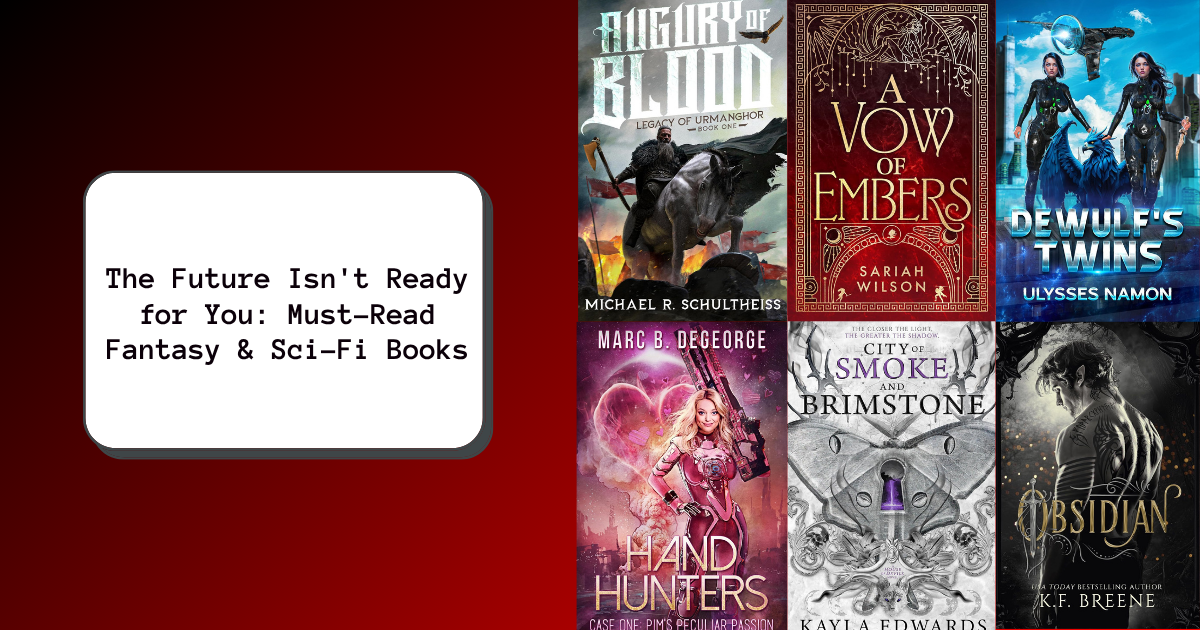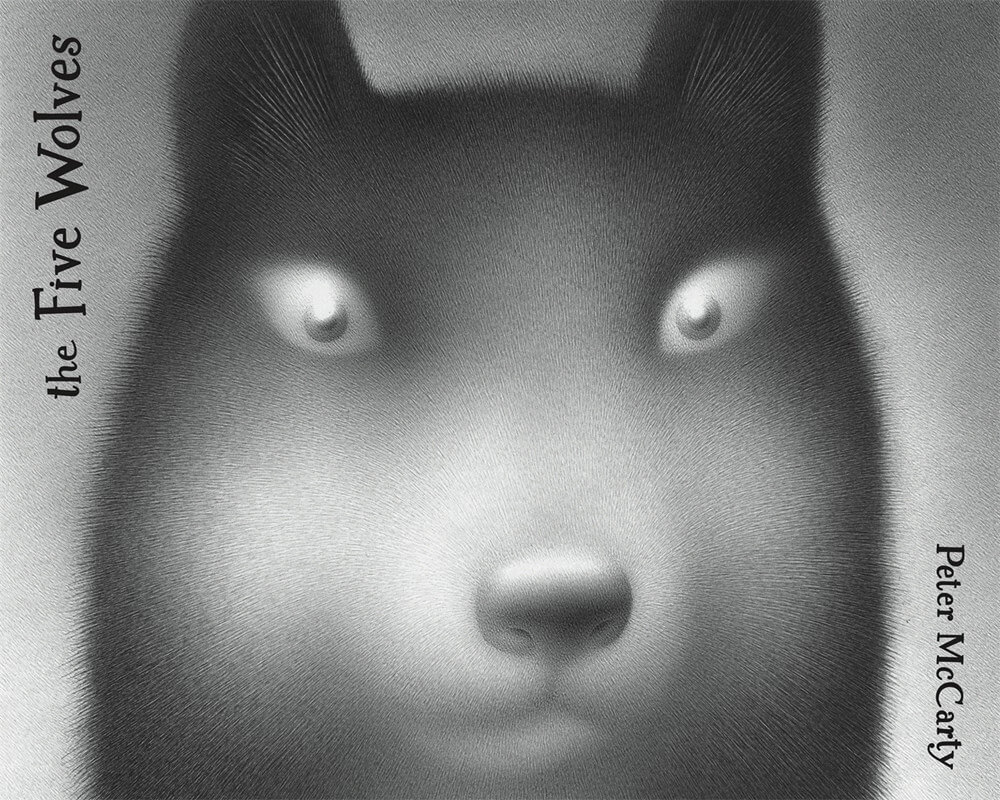What’s the story behind the story? What inspired you to write Certainty: How Great Bosses Can Change Minds and Drive Innovation?
The spymaster—CIA’s Deputy Director and one of the most powerful people on Earth—once asked me, “Why don’t the levers work?” Meaning: why don’t all of our leadership and management practices actually change anything? I had no good answer. Worse, his predecessor had asked the same question in a different form. Then, two CEOs asked it again. I realized we keep pulling levers that don’t fit with human nature. That question haunted me—and ultimately, it became the foundation for this book.
Why did you call it Certainty: How Great Bosses Can Change Minds and Drive Innovation?
The title came in right at the buzzer. I went through 15 possible titles. The last one was The Spymaster’s Question—until my publisher told me it sounded like a spy thriller. It does sound like a James Paterson title, doesn’t it? At that point, I had an insight and realized the real heart of the book was the human craving for certainty. Uncertainty triggers social pain and resistance. Certainty is what every good leader creates in the minds of their people.
Favorite part to write?
Technically… none. I don’t like writing. I never learned to type, I can’t spell, and apparently, I have a weak orthographic memory (psych-speak for “can’t picture how a word looks”). Thank goodness for spellcheck. But I loved thinking about the book—obsessing over that spymaster’s question every day for years. For me, reflection was the fun part.
Is reflection important to writing?
Absolutely. Long ago, I heard a futurist, Buckminster Fuller, say he had an agreement with his wife not to talk for a year so he could think big thoughts; I rushed home to tell my wife, Pat. She was very understanding but graciously vetoed the idea. While writing Certainty, I interviewed the co-discoverer of the brain’s insight mechanism, John Kounios, who also stressed the importance of reflection. Ultimately, I’ve quietly spent over a year of my life mentally reflecting on the spymaster’s question—just not all at once.
Any regrets after writing it?
Only that I didn’t know this stuff earlier. I’ve held senior roles in government and the private sector, and if I could go back, I’d show more empathy, create more psychological safety, and build better habits—like giving more praise and asking better questions.
Is there a next book?
Yes! It’s a field guide to executives—sort of a “birdwatcher’s guide” to leadership behavior. Executives are subject to the same foibles and cognitive biases as the rest of us, but they can be more damaging because of their power. Because they can unintentionally create chaos, my next book will mix humor and science to help them unleash the best of human nature—without reorganizing! I’m looking for a better title idea from my readers, but the working title is Why We Hate Executives: and what they can do about it.
As a former CIA officer, was there a secret agenda in writing this book?
Absolutely. The U.S. Intelligence Community talks a lot about improving innovation but still uses outdated tools. Certainty is about aligning leadership with how the mind actually works. My secret plan? Combine this book with the next one covering brain-friendly groundbreaking executive approaches and—boom—a blueprint for revitalizing the IC.
Where did all the stories come from?
Believe it or not, I didn’t tell stories until I was 50. A colleague nudged me to stop lecturing and start storytelling. It worked—because the brain is a storytelling machine. Stories stick. Facts get argued. I’ve been collecting and reflecting on good ones ever since. By re-running the tapes, I’ve learned more about myself and leadership than anything else I’ve done.
How long did it take to write?
Only 19 years. (No, really.) I started without the neuroscience I needed. Then life got in the way. And one literary agent had me rewriting it every time she met a new publisher. But the last two years? It all clicked. I promise the next one will take 12 months. Probably.
What’s the one thing you hope readers remember?
Forget building a “brand.” Build a legacy. Your brand is what you say about yourself—it’s only a shiny outer coating. Your legacy is what others say after you’re gone. This book is packed with ways to lead in a way that brings out the best in human nature—and leaves the world better than you found it.
Sign up for our email and we’ll send you the best new books in your favorite genres weekly.


















